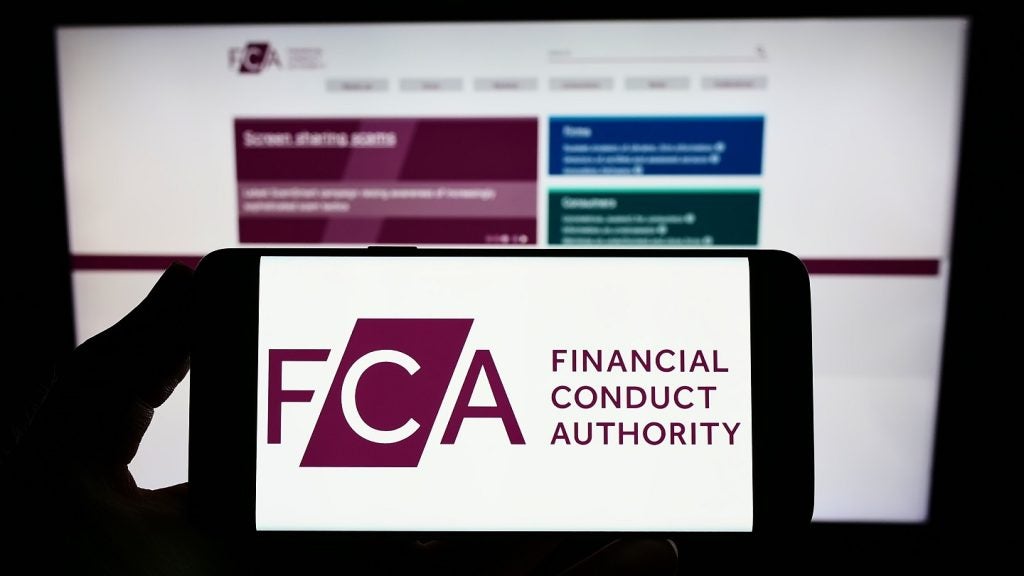DLA Piper’s Stewart Plant looks at what’s happening with
mass claim litigation and multiple challenges to consumer credit
agreements under the Consumer Credit Act.
Finally the good news. The flood of litigation challenging
credit agreements under the Consumer Credit Act 1974 is
subsiding.
The recent litigation fallout has
been wrangling on costs, which has exposed the shortcomings of some
claims management companies (CMCs) and claimant solicitors. This
resulted in lenders getting some excellent results in the courts
and recovering their costs from CMCs and claimants’ solicitors.
Features of the conduct attacked by
lenders are unfortunately familiar and include:
- litigation prosecuted
without advisers obtaining adequate after the event (ATE) insurance
for clients; - failing to advise clients
litigation was under way; and - failing to advise clients
about the risk of costs.
A number of defendant lenders have
successfully argued the circumstances surrounding the claims – the
manner in which litigation was prosecuted and the conduct of their
advisers – justifies exceptional third-party costs orders (TPCOs).
This means claimant solicitors and CMCs are liable for costs.
How well do you really know your competitors?
Access the most comprehensive Company Profiles on the market, powered by GlobalData. Save hours of research. Gain competitive edge.

Thank you!
Your download email will arrive shortly
Not ready to buy yet? Download a free sample
We are confident about the unique quality of our Company Profiles. However, we want you to make the most beneficial decision for your business, so we offer a free sample that you can download by submitting the below form
By GlobalDataA reported example is the decision
in Adris & Others v RBS Group (2010), which arose out
of the lead case of Carey & Others v HSBC (2009).
Following Carey, it became evident that Consumer Credit Litigation
Solicitors (CCLS), the firm prosecuting the proceedings, had failed
to obtain ATE insurance for the claimants to the test litigation,
and hundreds of its other clients.
Significant costs orders in favour
of the successful lenders were otherwise irrecoverable. On the
basis that a CMC, Cartel Client Review Limited (CCR), appeared to
have funded the litigation for its own financial benefit, in
collusion with CCLS, without attaining insurance protection for its
clients, applications were issued by the defendant banks to join
CCLS (acting by its principal), CCR, and the managing director of
CCR to the claim in respect of costs.
CCR submitted to the TPCO prior to
the hearing of the application. However, CCLS’ principal conceded
in evidence the firm’s failure to obtain ATE insurance for its
clients or advise on the potential costs of litigation. The court
made a TPCO against CCLS expressly on this basis. However, the
corporate veil was not lifted as against Mr Wright of CCR and a
TPCO was not ordered against him, a step too far for the judge in
the circumstances.
This summer, a defendant bank
obtained a TPCO against the firm which acted on behalf of the
unsuccessful claimant in one of the substantial test cases. The
application was issued after agreed costs were not paid and the
claimant’s solicitors failed to disclose the claimant’s ATE
insurance policy.
It transpired that inadequate ATE
insurance had been obtained on behalf of the claimant, of which the
defendant bank was not notified prior to the start of court
proceedings.
The judge took the view the claim
would never have been the test case it became, or incurred the
costs that followed, if the bank had been informed of the
inadequate insurance. The solicitors to the claimant consented to
the TPCO at the final hearing, sidestepping the need for a judgment
and avoiding a potentially critical decision. The claimant’s
solicitors are now liable for a six-figure costs sum.
Stewart Plant is a partner at
DLA Piper UK







